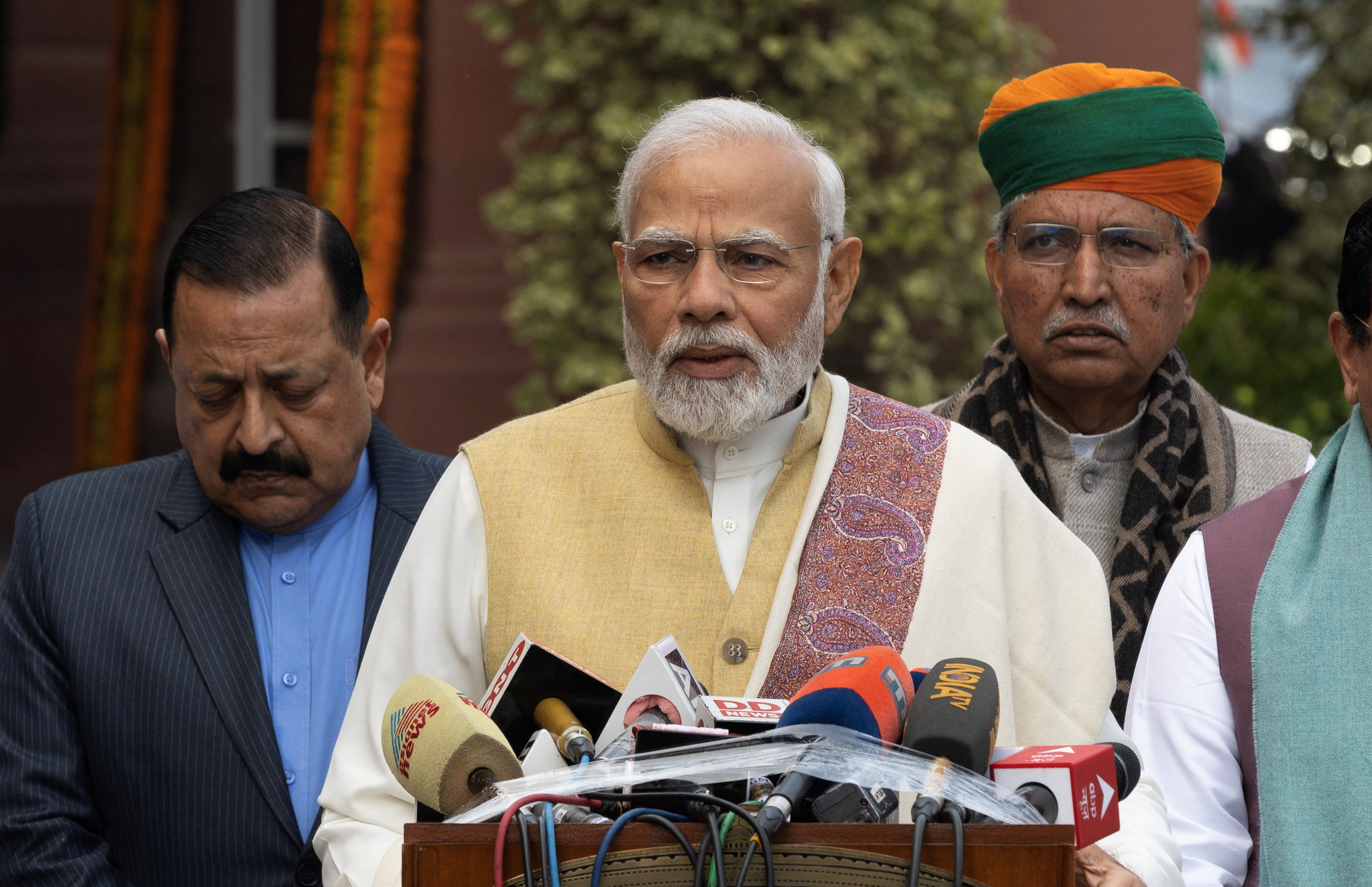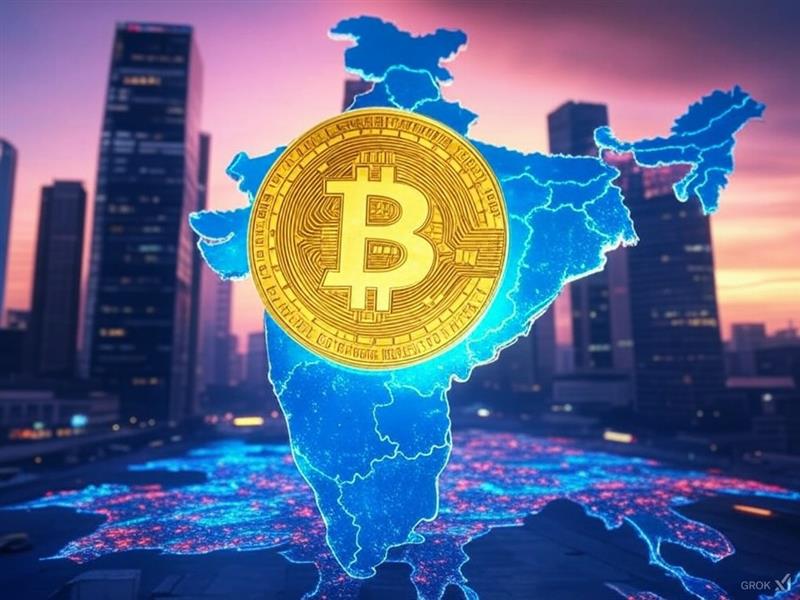“It’s a political call,” an industry insider admits, the tone more serious than the rest of the conversation.
In India, crypto’s fate isn’t just about finance — it’s about government priorities. And the prime minister’s priorities.
“We still have a lot of work to do to take it to the level of the PM’s office,” says another person familiar with the efforts being made to change the current state of crypto in India.
The return of Donald Trump has reignited global crypto momentum, but in India, the question lingers: how long can the country sit on the sidelines?
The US might be the alpha, but India has led global crypto adoption for two straight years, with its developers fueling the industry worldwide.
Yet, for those lobbying policymakers ahead of the 1 February budget, real progress remains elusive.
A long fight for change
Three years ago, Prime Minister Narendra Modi’s government slapped crypto with a 30% tax on profits and a 1% transaction fee. “This can kill the crypto industry,” CoinDCX co-founder Sumit Gupta said back then.
It didn’t, partly because crypto exchanges adjusted by hiking their fees, says Gupta in a pre-budget interview with MONIIFY.
But it did hurt. A lot. Indian traders moved $3.8 billion from local to global crypto exchanges, entrepreneurs fled to Dubai, and volumes only stabilized after nine foreign exchanges were blocked.
Now, as budget day nears, the same pleas for tax cuts can be heard once more. The industry wants the 1% tax reduced to 0.01% or 0.1%, but insiders doubt any change is coming.
Read more: Trump’s crypto promises have Asia’s Gen Z hooked
“We have had several meetings with the government,” says the industry’s lead policy advocate, Dilip Chenoy.
Despite the Trump bump and multiple efforts — including presentations to the finance ministry, top public policy think tank NITI Aayog, and members of parliament — crypto’s fate depends on whether it makes the finance minister’s speech.
But as Chenoy, who is chairman of the web3 apex body Bharat Web3 Association, puts it: “Given the challenges India is facing globally, is it a priority? We hope that it does, favorably.”
No law, no clarity?
India still lacks a crypto-specific law. If there were one coming, it would likely be on or near budget day.
But while officials once suggested 2024 as the starting point for regulation, reports indicate the process has been pushed to March, or deprioritized altogether.
The government acknowledges crypto’s potential but remains wary of illicit activity, a person involved in industry representations with officials tells MONIIFY.
The $235 million WazirX hack in 2024 particularly strengthened the Reserve Bank of India’s anti-crypto stance.
Even the government, which was showing signs of bringing rules-based clarity to the sector, appeared cornered, forced to defer to the central bank’s “nah” on crypto.
“The rationale and the need is understood by everybody,” says Chenoy.

Signs of life
Still, the needle has moved for crypto in India between 2024 and 2025. The overall perception of crypto and the reception it has got from the powers-that-be has improved, says CoinDCX’s Gupta.
Case in point: the new RBI governor, Sanjay Malhotra, formerly India’s revenue secretary, has previously met industry advocates. “He heard us,” Chenoy says, hinting at a potential shift.
It’s unclear if Malhotra will or can change the RBI’s long-standing anti-crypto stance. The central bank also doesn’t frame legislation, but it is the most important monetary stakeholder involved in the discussions.
Advocates like Chenoy also argue lower taxes would increase, not reduce, government revenue.
The numbers reflect this. A December 2024 report showed India collected $80 million in crypto-related taxes — but lost $700 million to offshore trading. That should have the finance ministry officials rethinking?
Waiting on a breakthrough
For now, crypto remains a footnote in India’s economic plans. Vivan Sharan, a technology and policy expert, says he didn’t expect the budget to address long-standing crypto questions.
AI and blockchain may receive government funding, but a significant policy shift for crypto isn’t likely in this budget, he tells MONIIFY. But the groundwork for a more workable framework for crypto is being laid.
CoinDCX’s Gupta says that policymakers’ views may have “improved because of the US elections,” but it might not be enough for an immediate change in India’s policy. “It may happen over three to six months.”
India’s crypto industry isn’t dead. It’s just waiting for its moment.
Edited by Ankush Chibber. If you have any tips, ideas or feedback, please get in touch: talk-to-us@moniify.com






